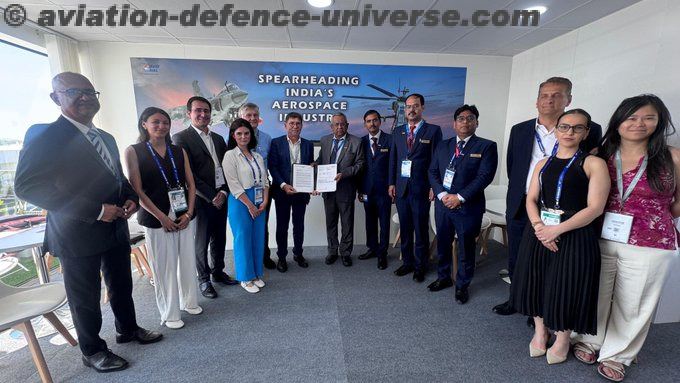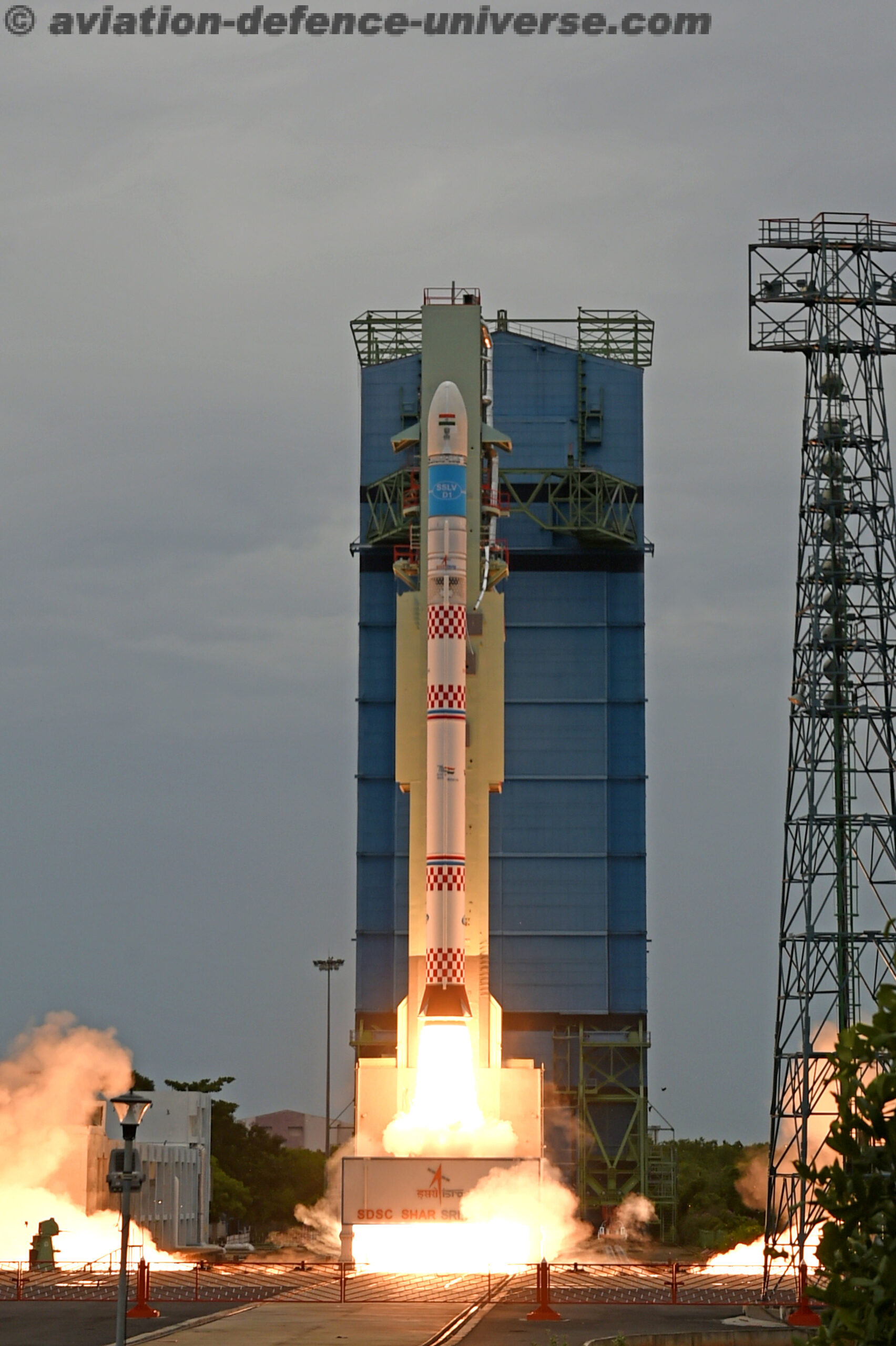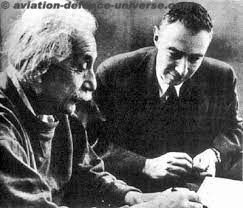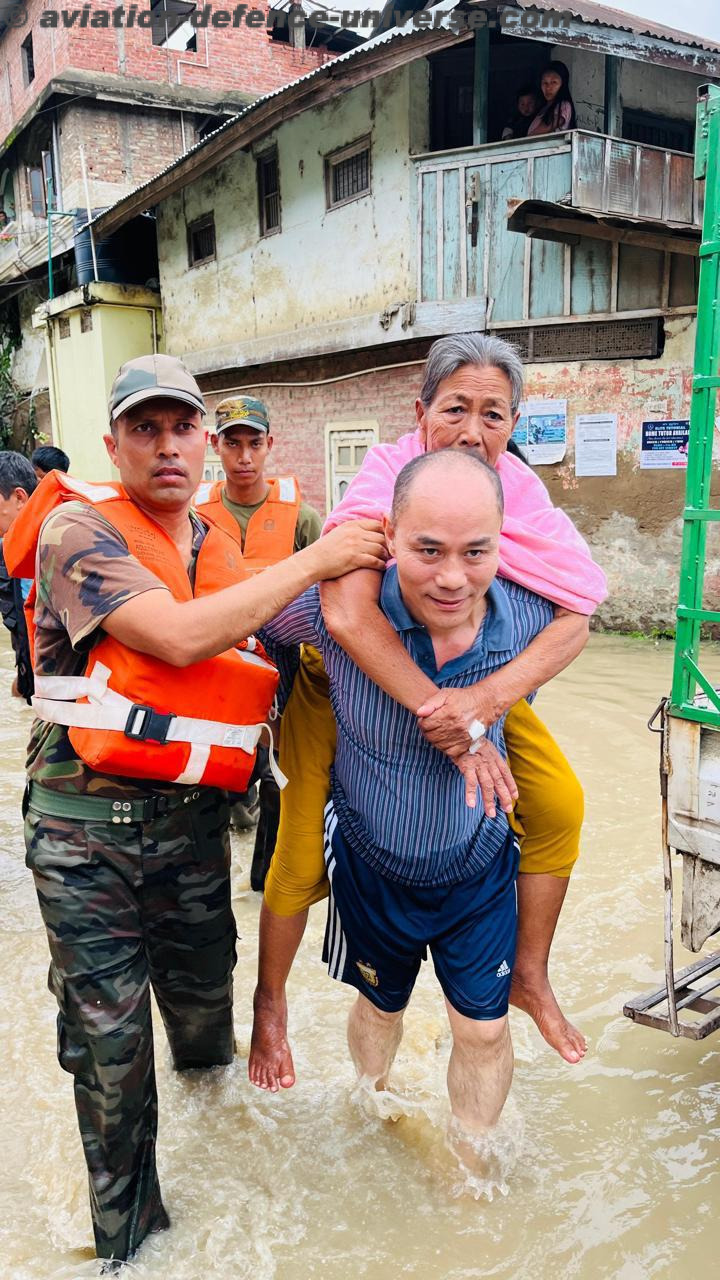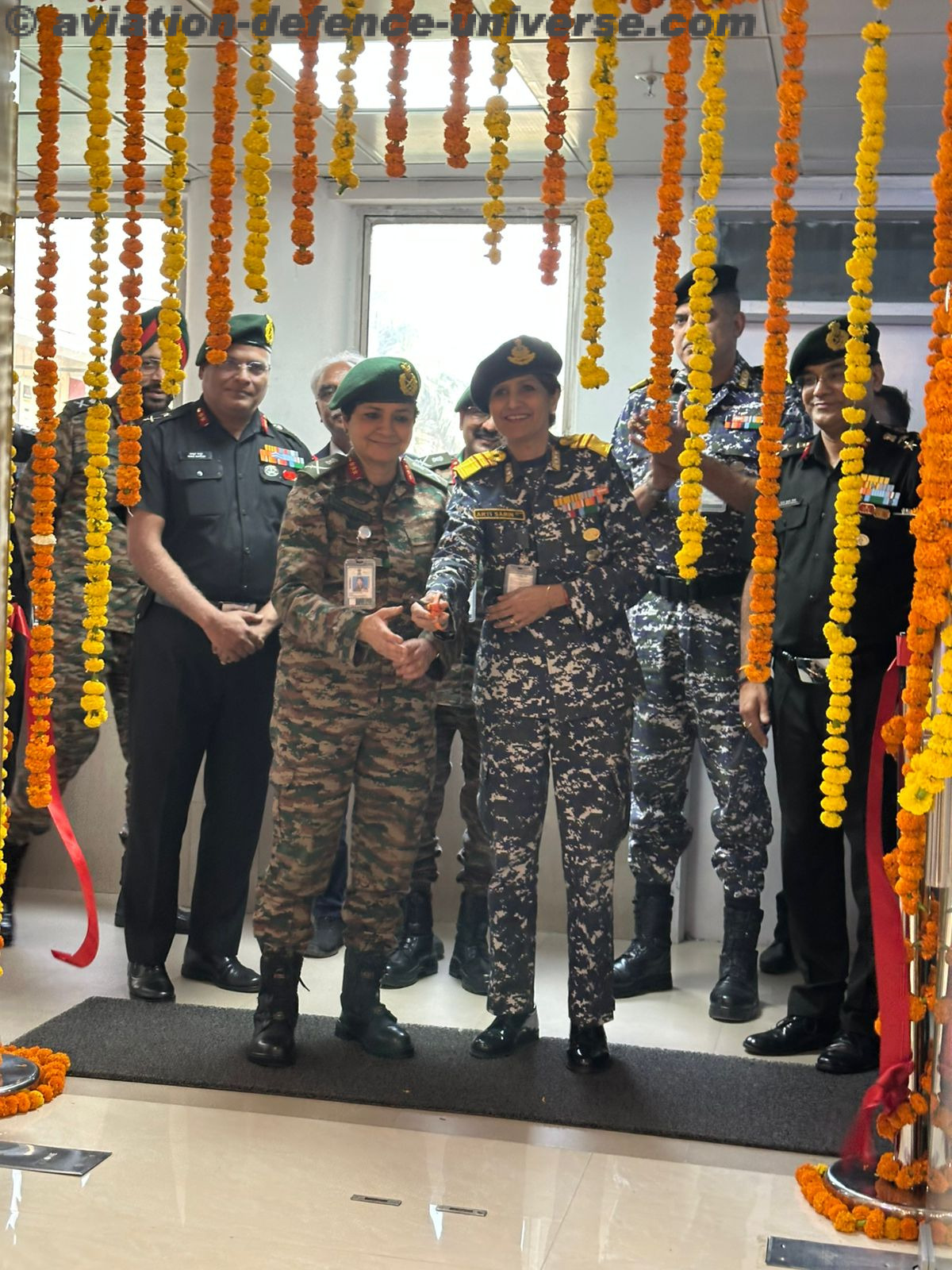New Delhi. 03 November 2020. “Today, is the day to value true partnerships and true friends. The timely and invaluable military support of India on 3 November 1988 will always be remembered. The Maldives will always be grateful to India, for being a trusted neighbour and a true friend,” reiterated Abdulla Shah, Foreign Minister of Maldives in a tweet today.
Agra to Male, an over 3000km non-stop flight Operation Cactus was a unique mission for the Indian Army where the task was to restore Maldives government’s control over its capital. Within hours of receiving an appeal for assistance from the Government of Maldives, Indian troops rescued President Abdul Gayoom and foiled a coup detat attempt by rebel forces led by Abdullah Luthufi and assisted by the Tamil secessionist group from Sri Lanka, the People’s Liberation Organization of Tamil Eelam (PLOTE).
The operation started on the night of 3 November 1988, when Ilyushin Il-76 aircraft of the Indian Air Force airlifted the elements of the 50th Independent Parachute Brigade, commanded by Brigadier Farukh Bulsara, the 6th Battalion of the Parachute Regiment and the 17th Parachute Field Regiment from Agra Air Force Station and flew them non-stop over 2,000 kilometres (1,240 mi) to land them over the Malé International Airport on Hulhule Island. The Indian Army paratroopers arrived on Hulhule in nine hours after the appeal from President Gayoom.
The Indian paratroopers immediately secured the airfield, crossed over to Malé using commandeered boats and rescued President Gayoom. The paratroopers restored control of the capital to President Gayoom’s government within hours. Additional Indian troops were transported by air and by sea from Cochin and Air Force Mirages were deployed over Male as a show of force.
Some of the mercenaries fled toward Sri Lanka in a hijacked freighter. Those unable to reach the ship in time were quickly rounded up and handed over to the Maldives government. Nineteen people reportedly died in the fighting, most of them mercenaries. The dead included two hostages killed by the mercenaries. The Indian Navy frigates Godavari and Betwa intercepted the freighter off the Sri Lankan coast, and captured the mercenaries. The swift intervention by the Indian military and accurate intelligence successfully quelled the attempted coup d’état in the island nation.
Had the attackers taken over the telephone exchange and the airport the story would have been different. President Gayoom had his telephone diary and asked his Foreign Minister Fathullah Jameel to call the then Indian Prime Minister Rajiv Gandhi at 5.30 a.m. in New Delhi. And the rest is history. Bureaucrats of the time remember the urgent 9AM meeting with his defence and external Affairs ministers and the three service chiefs. This was followed by a meeting of the Cabinet Committee for Political Affairs which agreed to send military help for Gayoom.
India’s intervention in the Maldives was a model for the important security role that India could play in the Indian Ocean. It was undertaken at the express invitation of a nominally democratic Maldivian government, and India was careful to avoid the appearance of military occupation. India also undertook the intervention alone, demonstrating its ability to airlift troops over long distances and successfully intercept the plotters at sea. India showed that it could execute a combined services operation in an efficient and timely manner.
Luthufi managed to escape in a small vessel which the paratroopers were able to damage but not chase and so The Indian Navy took the responsibility to track him down and the mercenaries, and Indian Naval Ships were despatched.
According to the former Indian Cabinet Secretary, B.G.Deshmukh, ‘Operation Cactus enhanced India’s prestige enormously and showed our efficiency and capability to mount a successful operation at short notice.’ The truth as some see is also that Male flashed SOS messages to the US, UK, Sri Lanka, India and Pakistan, but India was the only one to respond with an action.














